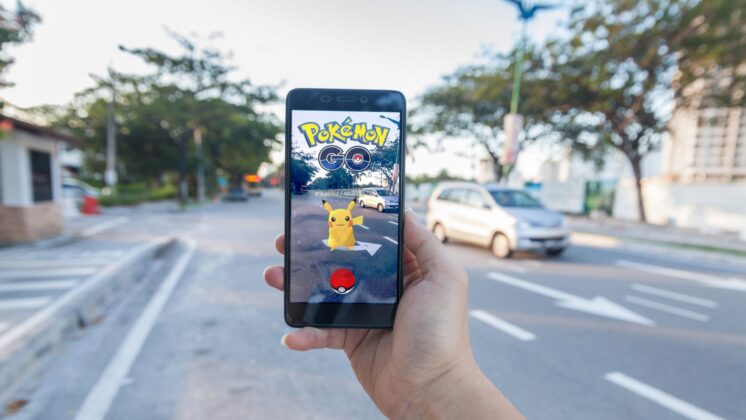This July, something happened that hasn’t happened for a very long time. A craze that originated, or at least partly originated, in Japan has swept the world as fast as you can say Pikachu!
On July 6, Pokémon GO, the augmented reality mobile gaming app, launched in the United States. Rolling out in more and more countries as the month went on, it finally reached Japan on July 22, making us the 37th country in the world to get the game. The wait was frustrating, but now that I’ve got my hands on the game, I’m totally hooked. I’m at Level 22 after just 10 days, without spending a single yen or cheating. (The player in the States who got to Level 40 only did so by using bots!)
For a product that is barely one month old, Pokémon GO already has a well-established origin myth.
The game’s creator is John Hanke, a 49-year-old serial entrepreneur from Texas who presided over the creation of Google Earth and Google Maps. In 2010, Hanke established Niantic Labs within Google and began developing Pokémon GO in summer 2014. Preceding this was an April Fool’s collaboration between Google Maps and the Pokémon Company that showed the appetite for combining location-based gaming with globally popular characters.
Interesting though this origin story is, what really excites me is what Pokémon GO tells us about how Japan’s corporate sector is changing. I see three key takeaways.
1) Open innovation is a GO.
Despite Japanese companies’ reputation for preferring to innovate in-house (NIH = not invented here syndrome), Pokémon GO provides a great example of two Japanese firms—Nintendo and the Pokémon Company—leveraging an external partner to extract value from their in-house I.P.
Japanese companies are shifting toward open innovation.
2) Corporate transformation is a GO.
Often mocked as stodgy monoliths, Japanese companies in fact have a knack for self-reinvention. Carmaker Toyota started as a loom maker for the textile industry. Fanuc, the global leader in industrial robots, was spun out of computer-maker Fujitsu in 1972, which itself started as a part of Fuji Electric in 1935. More recently, a diversified Fujifilm is thriving while rival Kodak, over-dependent on photographic film, went bankrupt in 2012.
Nintendo, which started out as a playing card maker, is in this sense a typical shape-shifting Japanese company. This March, it finally broke free of the closed platform of proprietary consoles to launch Miitomo, its first smartphone game, with another two releases slated for later this year. Pokémon GO is clearly part of that transformatory trend.
Japanese companies are flexible, pragmatic, and always changing.
3) The fun factor is a GO.
Back in the 1970s and 1980s, Japan was famous for making products like portable music players, miniature TVs, and sexy sports cars that were as fun as they were innovative.
A resurgence in the “national fun factor” is now under way. Pokémon GO is fun for all sorts of reasons—the fact that you play it outdoors and with other people are, of course, major pluses—but the cute pocket monsters account for at least as much of the game’s appeal as its location-based aspects.
The fun factor has knock-on effects on the rest of the economy. More and more foreign students are coming to Japan to study, in part because of their fondness for manga and anime like Dragon Ball, Naruto, One Piece, and so on.
Japanese companies still know how to deliver fun experiences to the world.
Thanks to Pokémon GO, Nintendo’s stock has been on a tear. more than doubling between July 6 and July 19. This is good news for Japan’s beleaguered investors, giving everyone a reason to feel optimistic about the future of corporate Japan.
In fact, Pokémon GO is good news all around.



